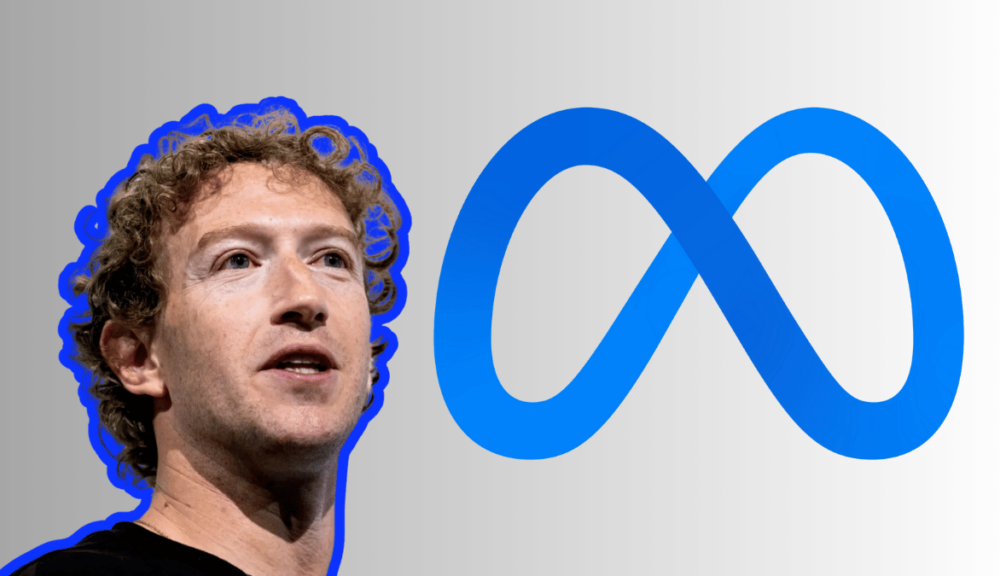Tech
Meta’s New Content Moderation Approach And What It Means for Political Creators
Here's how Meta's latest content moderation changes will impact creators and influencers, particularly those in the political space.

Meta’s recent announcement of major changes to its content moderation systems marks a significant shift in social media policy, with particularly notable implications for creators and political influencers. The company is implementing sweeping changes to its content moderation approach, moving away from strict oversight toward a more open, user-driven system. While it’s unclear exactly how these changes will be implemented in India yet, content moderation affects everyone around the world.
Let me break down Meta’s big changes and what they really mean, especially for creators in a more straightforward way.
So what’s actually happening here? Meta (you know, Facebook, Instagram, and Threads) just dropped some pretty major news about changing how they handle content on their platforms. The biggest headline? They’re ditching their fact-checking program and loosening up their rules, especially around political content.
Let’s get into why this matters if you’re a creator:
First, say goodbye to fact-checkers.
Before, if fact-checkers flagged your content as false, your post’s reach would tank by about 80% – that’s huge! Instead, they’re bringing in something called Community Notes (like what X/Twitter has). Think of it like crowd-sourced fact-checking – users can add context to posts they think need it. The catch? These notes only show up when people with different political views agree they should, which honestly could be pretty tricky to achieve.
But here’s where it gets interesting for creators: Meta’s also making it harder for content to get taken down automatically.
Before, they were using AI to scan everything and, according to their own numbers, they were making mistakes on about 10-20% of takedowns. Now, unless you’re posting something seriously problematic (like illegal stuff), they won’t take action unless someone actually reports your content. That’s a big deal if you’ve ever had your content wrongly removed or found yourself in “Facebook jail.”
For political creators especially, this is potentially game-changing. Those topics that used to be super risky to talk about? Immigration, gender identity, political debates? Meta’s specifically saying they’re loosening up restrictions on these. Their logic is pretty straightforward: if you can say it on TV or in Congress, you should be able to say it on their platforms.
They’re also changing how they handle political content in feeds. Remember when they started showing less political stuff to everyone? Now they’re making it more personalized. If your followers want political content, they’ll actually see your posts again. And if you’re creating political content, you might start reaching new audiences who are interested in what you have to say.
But here’s the million-dollar question: is this all just Meta trying to play nice with Trump, who’s been one of their biggest critics? Maybe. But Meta’s framing it differently – they’re saying they’ve gone too far with content moderation and want to get back to their roots of enabling free expression. More importantly, we don’t know how this will play about in India?
What does this mean for you as a creator? Well, you’ll probably:
- Have more freedom to discuss controversial topics
- Face fewer random content takedowns
- Get better reach if you make political content
- Have an easier time recovering your account if something does go wrong (they’re even testing facial recognition for account recovery)
The flip side? With less fact-checking and more open policies, there might be more misleading content floating around. That’s where Community Notes comes in, but we’ll have to see how well that actually works.
Think of it like Meta taking the training wheels off. They’re giving creators more freedom, but also more responsibility. They’re betting that the community can handle distinguishing between fact and fiction better than their current system of fact-checkers and automated content removal.
Want my take?
This could be really good for creators who’ve been frustrated with random takedowns and unclear rules. But success will depend a lot on how well this Community Notes system works, and whether users actually step up to provide good context when needed.
What do you think about these changes? Are you optimistic about having more freedom to create, or worried about the potential increase in misinformation?
